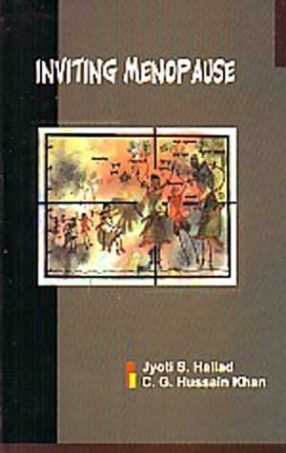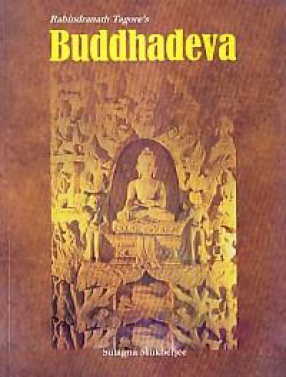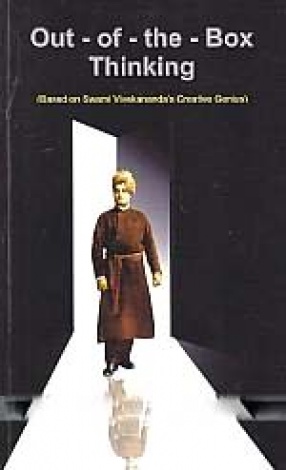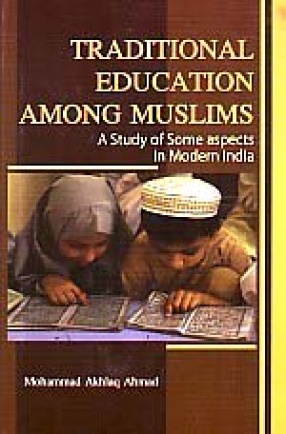Ethnographic profiles on Indian Muslims, particularly South Indian Muslim communities, have been few and far between. As such the understanding of Muslim social institutions is mostly impressionistic or scripturally oriented and hardly based on the flesh and blood account of their life-ways. Often such unfounded stereotypes as, that Muslim males divorce women by triple ‘talaq’ without much ado, that a Muslim male can marry four wives at a time without compunction, that Muslim females can very easily go for remarriage and so on, are prevalent among the laymen and intellectuals as well. However, this empirical study of Muslim marriage and kinship makes it amply clear that these perceptions do not square with ground realities. Though it is a truism that Muslims revere the doctrines ordained in the holy Quran and follow Shariath, the actual functioning of their social institutions is patterned by the socio-cultural milieu within which they translate the religious tenets into actual practice. In fact, Muslims in south India constitute an integral part of the regional socio-cultural complex without losing their identity as a community. Through this work, the author conveys an important message, in no uncertain terms, that India is a remarkable example of composite culture whose warp and woof is woven by the cross-currents of various cultures, ideologies, arts and languages. The majority and minorities are parts of the same mosaic influencing one another in such a manner that the leit motif of this mosaic can hardly be attributed exclusively to the majority or a minority community. Yet another significant feature of this work is the attempt made by the author at a judicious synthesis of two major theories of kinship, namely, ‘descent theory’ and ‘alliance theory’. So far, the studies on Dravidian kinship have been presented in either/or framework of these theories. But these approaches, in themselves, have been proved to be reductionist. This work on the Muslim kinship makes it evident that for a fuller and meaningful understanding, it is imperative to adopt an integrated perspective incorporating relevant elements of both the theories. Indeed, the structure and functioning of Muslim kinship in Dravidian milieu has been shown to be dependent upon both the principles of descent and alliance. This study, with its forthright analysis of ground realities, will be of interest not only to anthropologists, sociologists and other social scientists engaged in family and kinship studies, but also to those scholars, administrators and policy makers engaged in rural development, regional planning and nation-building process.
Inviting menopause
$49.50
$55.00






There are no reviews yet.